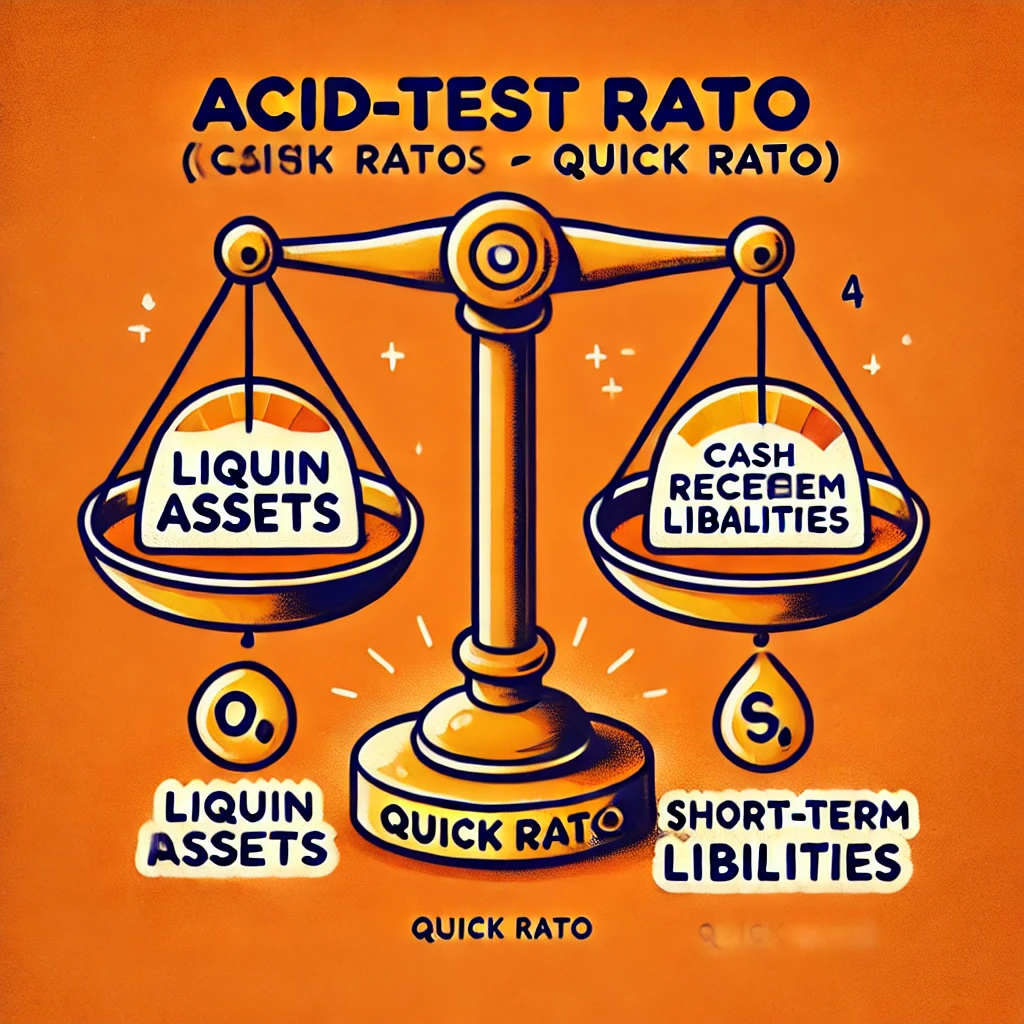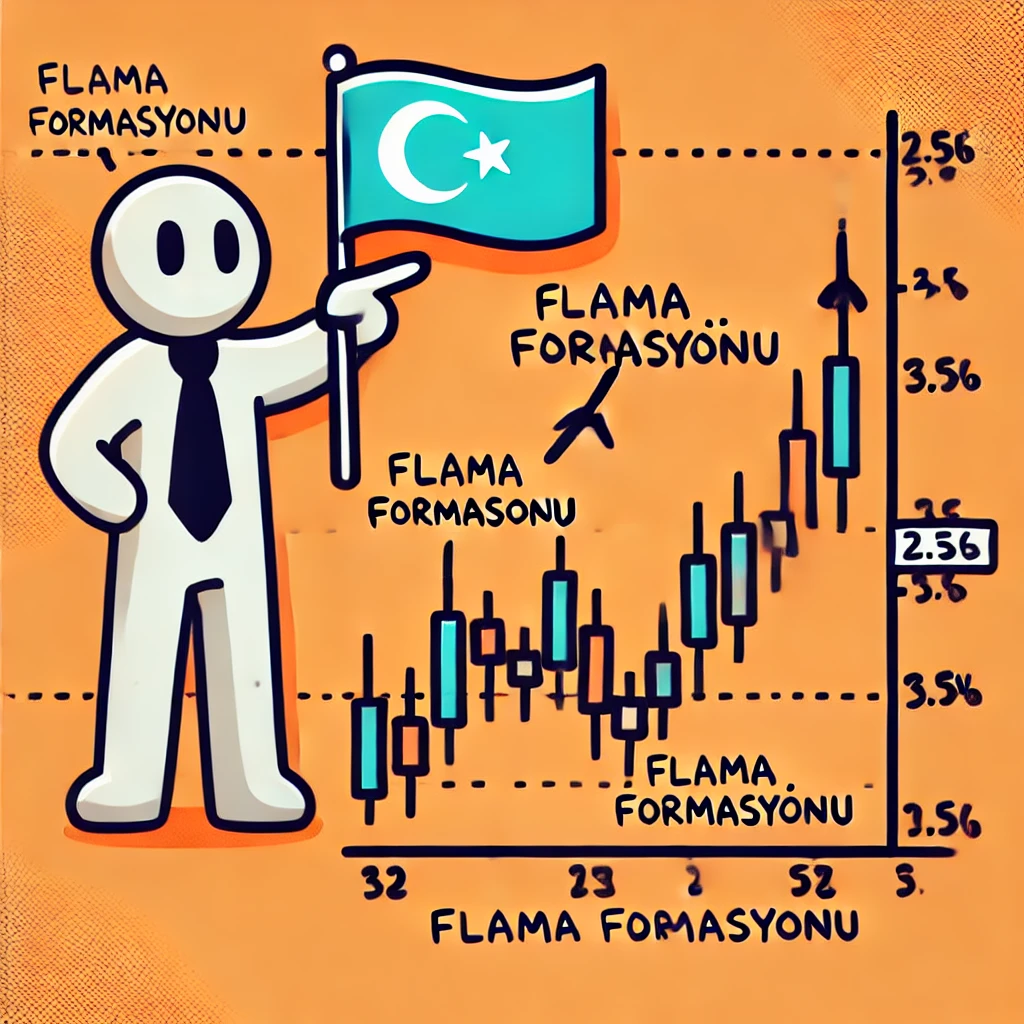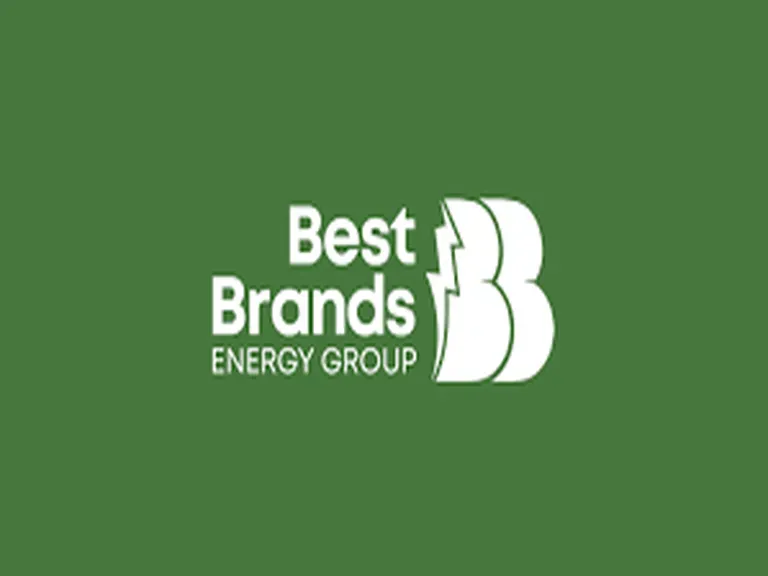What Is Initial Public Offering?
Public Offering Guide-IPO Glossary
Before entering the definition of public offering, there are some wordsthat you will hear frequently in this field and that you must know.Before you get into this area, you might want to take a look at thesefor words ;
Stocks: These are the documents expressing the ownership of thepurchaser to the company, in which a portion of the real value of acompany determined by the experts is turned into small shares.
Issue Price: The price published before the company's shares start tobe sold on the stock exchange. Also known as the bid price.
Lot Size: The minimum number of shares that investors can bid duringthe IPO.
Preliminary Prospectus: These are the documents that are shared by thecompanies that will be offered to the public and that containinformation such as financial status and performance.
Price Band: The price range that investors can submit, determined bythe company and experts.
Insurer: The companies that will be offered to the public; They areinvestment banks that calculate the value of the company, announce thepublic offering and carry out transactions such as the transfer ofstocks.
Public Offering Guide-What is an IPO?
An IPO is one of the few basic words that anyone interested in thestock market should be familiar with. A public offering is the sale ofcompanies' financial instruments such as stocks or bonds to the public.These IPO financial instruments may include equity shares such ascommon or preferred shares, or other tradable assets such as bonds.There are many companies, large or small, on local stock exchanges.These companies had to start somewhere. Each of them started theirbusiness life with Initial Public Offerings and transformed fromprivate companies to public companies. For this reason, it attractedinvestors and increased capital.
*Initial public offering (IPO) is a private company going public byselling its shares on the stock market.
Why Do Companies Go Public?
It would not be wrong if we define the public offering of a company asclosing a period in the life of the company and moving to anotherperiod. There are many reasons for companies to go public. To give afew examples of these;
• The companies want to earn additional income by selling their stocks,
• Public offering of companies, increasing their recognition among thepublic,
• Less costly than other capital raising methods.
There may be reasons for companies to want to go public.
What Is An Initial Public Offering (IPO) And How Does It Work?
A company is privately owned before going public. (Private sector: Acompany may be owned by founding members, family members who gave theloan for the establishment of the company, or a few long-timeemployees.) A company preparing to go public is an investment that willfacilitate the public offering. works with a private firm that workswith the bank. The investment bank determines the value of the companythrough financial analysis, which determines the share prices.
What Is The Difference Between An Initial Public Offering And ASecondary Public Offering?
Initial warrants occur when a company first sells shares on the stockexchanges. Secondary offerings are when companies sell shares on a dateafter the IPO is complete. Such offerings allow companies to raiseadditional capital.
Click here to view upcoming IPOs
Click here to see the Dividend Ratios of Publicly Offered Companies:










